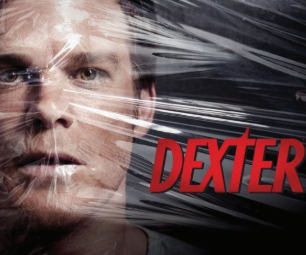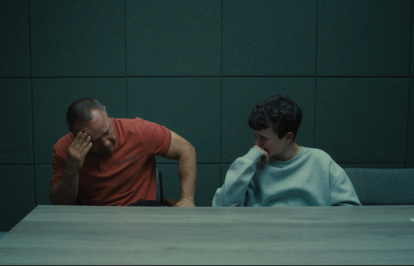
Dexter Morgan, the psychopathic blood splatter analyst and serial killer we’ve learned to love, is a gripping character with endless potential. The main issue? Dexter is an awful show.
While a bad series, Dexter Morgan––at least in the earlier seasons––is an amazing anti-hero that offers a critical character study by exploring the effects of trauma and the detrimental impacts of moral unclarity. Michael C. Hall’s portrayal of Dexter––a man who must balance his life as a killer, analyst, and family man––was magnetic, and the plot got viewers hooked from the beginning.
Dexter follows a similar trend every season: the main antagonist––typically a fellow serial killer in Miami––challenges Dexter’s seesaw of psychopathy and suburban living, forcing him to make compromises for his family, and ultimately testing his moral compass (dubbed ‘The Code’) to its limit. This arc works perfectly in the earlier seasons; in the pilot episode, the antagonist is revealed to be a killer who removes all of the blood from his victims, a feat that captures the attention of Dexter. Throughout the first season, Dexter develops a semi-parasocial relationship with the killer that progresses into a consuming obsession. This killer is later revealed to be someone in Dexter’s life, which acts as a jaw-dropping twist early in the show’s run; Dexter’s ability to be himself around this individual, due to a common interest, underpins a closeness that he hasn’t felt with anyone else and creates a perpetual dilemma for Dexter to solve: should he betray The Code and spare his friend, or should he kill the one person that truly understands him?
Regrettably, the show abandoned the weighty decisions for Dexter that made season one so compelling. Nowhere is this more evident than in the following season where Dexter is faced with another serious dilemma. Sergeant James Doakes has always been portrayed as highly suspicious of Dexter, but in this season, he finally launches his own investigation and sleuths Dexter’s dark secret. This creates an extremely tense season where Dexter has to grapple with another impossible choice: kill an innocent man that does not fit The Code or risk being exposed. However, instead of using this dilemma to further develop Dexter’s character, the show takes the easy way out: As Dexter struggles with the cognitive dissonance of the situation and mulls over potential solutions, a throwaway character decides to kill Doakes behind Dexter’s back. Dexter’s agency is completely stripped in what could have been a profoundly defining moment. From this point on, the show becomes awful: villains go from well-written foils to stereotypical big bads that are easily dealt with and, most importantly, fail to create moral dilemmas for our otherwise amoral character.
As the foils become more cartoonish, Dexter is effectively reduced from a layered anti-hero to a monotonous killer. Although Dexter’s acting and structure remain strong, this cannot save the show from its loss of the character development that initially made it so captivating.
This article also appears in our April 2025 print edition.













